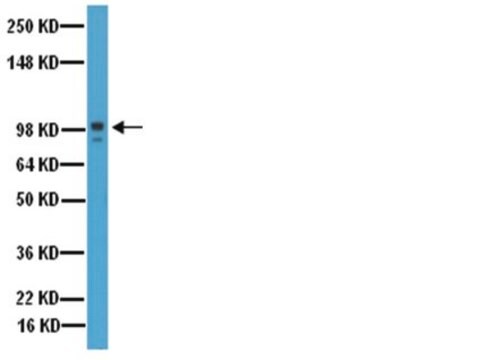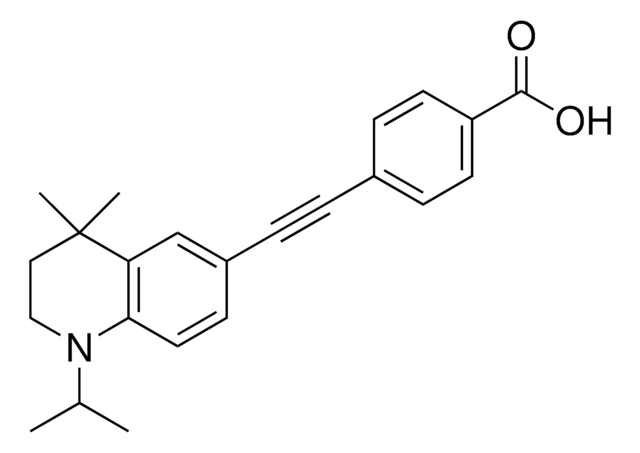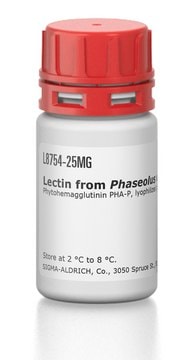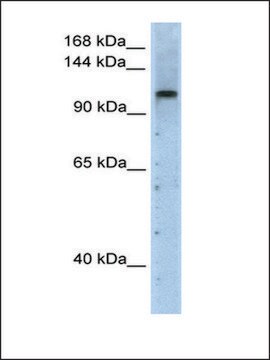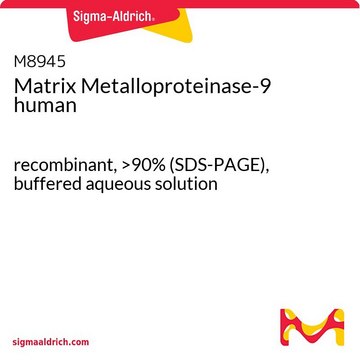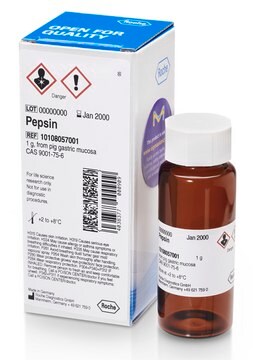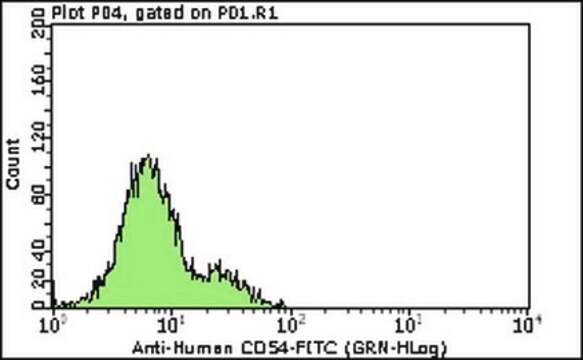MABN1801
Anti-PMCA4b Antibody, clone JA3
clone JA3, from mouse
Sinónimos:
Plasma membrane calcium-transporting ATPase 4, EC: 3.6.3.8, Matrix-remodeling-associated protein 1, Plasma membrane calcium ATPase isoform 4, Plasma membrane calcium pump isoform 4
About This Item
Productos recomendados
origen biológico
mouse
Nivel de calidad
forma del anticuerpo
purified immunoglobulin
tipo de anticuerpo
primary antibodies
clon
JA3, monoclonal
reactividad de especies
chimpanzee, human
envase
antibody small pack of 25 μg
técnicas
ELISA: suitable
immunocytochemistry: suitable
immunohistochemistry: suitable (paraffin)
western blot: suitable
isotipo
IgG1κ
Nº de acceso NCBI
Nº de acceso UniProt
Condiciones de envío
ambient
modificación del objetivo postraduccional
unmodified
Información sobre el gen
human ... ATP2B4(493)
Descripción general
Especificidad
Inmunógeno
Aplicación
Neuroscience
Immunohistochemistry Analysis: A 1:50-250 dilution from a representative lot detected PMCA4b in human cerebral cortex, human kidney, and bovine cornea tissues.
Immunohistochemistry Analysis: A representative lot detected PMCA4b in Immunohistochemistry applications (Borke, J.L., et. al. (1987). J clin Invest. 80(5):1225-31).
Immunocytochemistry Analysis: A representative lot detected PMCA4b in Immunocytochemistry applications (Usachev. M., et. al. (2002). J Neuron. 33(1):113-22).
ELISA Analysis: A representative lot detected PMCA4b in ELISA applications (Caride, A.J., et. al. (1996). Biochem J. 316 (Pt 1):353-9; Borke, J.L., et. al. (1987). J clin Invest. 80(5):1225-31).
Calidad
Western Blotting Analysis: 0.5 µg/mL of this antibody detected PMCA4b in 10 µg of human brain tissue lysate.
Descripción de destino
Forma física
Almacenamiento y estabilidad
Otras notas
Cláusula de descargo de responsabilidad
¿No encuentra el producto adecuado?
Pruebe nuestro Herramienta de selección de productos.
Código de clase de almacenamiento
12 - Non Combustible Liquids
Clase de riesgo para el agua (WGK)
WGK 1
Certificados de análisis (COA)
Busque Certificados de análisis (COA) introduciendo el número de lote del producto. Los números de lote se encuentran en la etiqueta del producto después de las palabras «Lot» o «Batch»
¿Ya tiene este producto?
Encuentre la documentación para los productos que ha comprado recientemente en la Biblioteca de documentos.
Nuestro equipo de científicos tiene experiencia en todas las áreas de investigación: Ciencias de la vida, Ciencia de los materiales, Síntesis química, Cromatografía, Analítica y muchas otras.
Póngase en contacto con el Servicio técnico